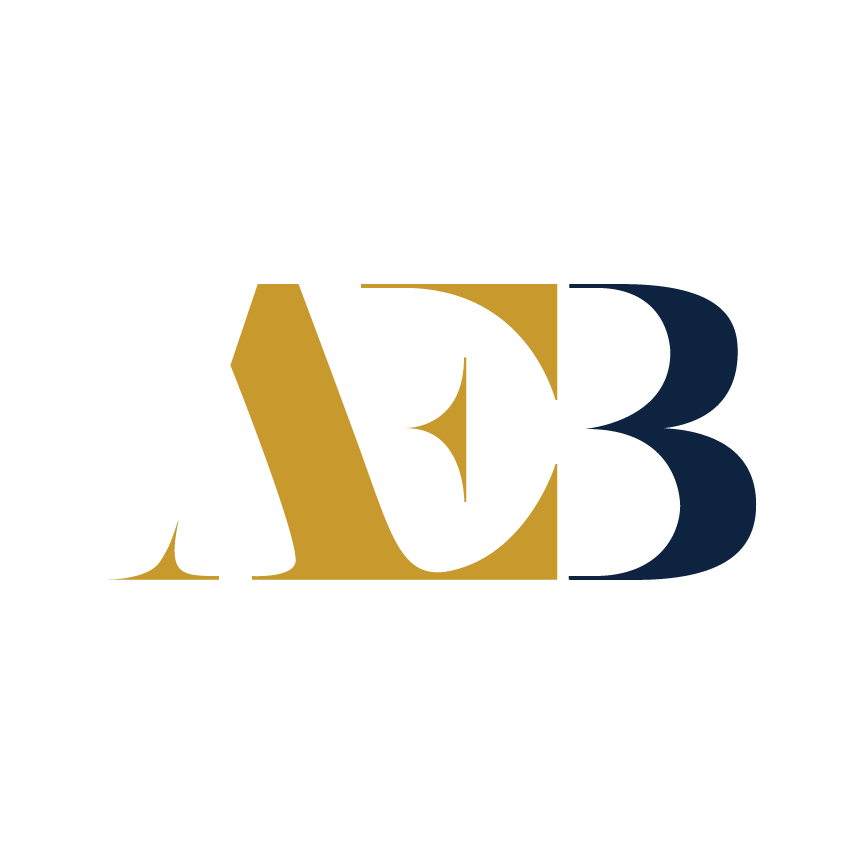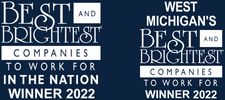In today's rapidly evolving landscape, artificial intelligence (AI) stands as a transformative force across various industries. Its impact on talent acquisition and recruitment, in particular, is undeniable. As organizations seek efficiency and effectiveness in their hiring processes, AI has emerged as a powerful tool. According to recent statistics, 81% of HR professionals are exploring or utilizing AI in their organizations and this trend is only expected to grow. By 2030, the global AI market is projected to exceed $1.8 billion, highlighting the transformation taking place.
How AI Can Impact Hiring and Recruiting
1. Maximize Recruitment Efficiency
Recruitment is traditionally laborious and time-consuming, with HR professionals spending hours on administrative tasks such as sourcing candidates and scheduling interviews. AI offers a solution by streamlining these processes, quickly identifying qualified candidates from vast pools of applicants. By automating administrative tasks, AI allows HR teams to allocate their time more strategically, focusing on activities that drive results for their organizations.
2. Overcome Recruitment Bias
Unconscious bias in hiring decisions is a significant challenge, affecting nearly half of HR managers. AI provides a remedy by enabling objective screening based solely on qualifications and experience, without subjective factors like age, gender, or ethnicity. By mitigating bias, AI fosters fairer hiring practices and contributes to building more diverse and inclusive workforces.
3. Enhance Candidate Experience
A poor recruitment experience can deter candidates, with 52% declining job offers due to dissatisfaction with the process. AI-driven tools offer a solution by optimizing the application journey, making it more engaging and personalized. By leveraging AI, organizations can create positive impressions, attract top talent, and bolster their employer brand.
4. Improve the Quality of Hires
The consequences of a bad hire can be severe, impacting productivity and finances. AI augments traditional hiring methods by analyzing data and analytics to assess candidates' suitability for roles. By providing insights, AI empowers decision-makers to make informed choices, minimizing the risk of poor hires.
How Can AI Be Used in Hiring and Recruiting?
1. Candidate Sourcing
AI-based sourcing solutions use algorithms and machine learning to swiftly identify and connect with suitable talent, boosting efficiency in candidate sourcing, enhancing accuracy, and streamlining recruitment. These tools automate initial candidate sourcing stages, allowing HR and recruitment teams to prioritize strategic talent acquisition tasks. HR professionals interpret AI-generated insights to make informed decisions aligned with organizational values and objectives.
2. Candidate Screening
AI screening tools extract key details from applications, speeding up identification of qualified candidates. Methods like resume screening and behavioral assessments improve accuracy, selecting top-tier candidates efficiently.
3. Talent Assessment
AI-powered assessment tools examine candidates' competency and personality traits through gamification, behavioral assessments, and skill testing, providing an effective way to assess role suitability. While AI can efficiently analyze data and identify patterns, it cannot fully capture the complexities of human behavior, requiring HR professionals to interpret assessment results.
4. Improved Onboarding
AI-based tools enhance onboarding by personalizing the experience, guiding new hires through their initial days with the organization. With continued usage, these tools can improve process efficiency by learning relevant information or potential oversights. Engaging onboarding experiences foster positive impressions and set the stage for long-term success.
Less Humanity in Human Resources?
While concerns about AI replacing the human touch in HR persist, it's vital to recognize that AI complements rather than replaces human resources. By automating repetitive tasks, AI recruiting solutions allow HR professionals to focus on strategic initiatives aligned with organizational goals.
AI doesn't replace human interaction; it enhances it. For instance, AI-powered chatbots offer instant support on HR-related queries, ensuring consistent responses. Additionally, AI-driven analytics enable tailored interactions with employees, fostering deeper connections.
Ultimately, AI should be seen as a valuable ally in HR. By automating tasks, analyzing data, and enhancing decision-making, HR becomes more strategic and impactful, supporting employees and driving organizational success.
The Key Takeaway
As AI continues to reshape HR practices, it's crucial for professionals to stay informed about emerging technologies. By prioritizing employee engagement and delivering positive recruitment experiences, organizations can establish enduring relationships with their new hires, driving long-term success in the evolving landscape of talent acquisition.


.png)
.png)
.png)
.png)


